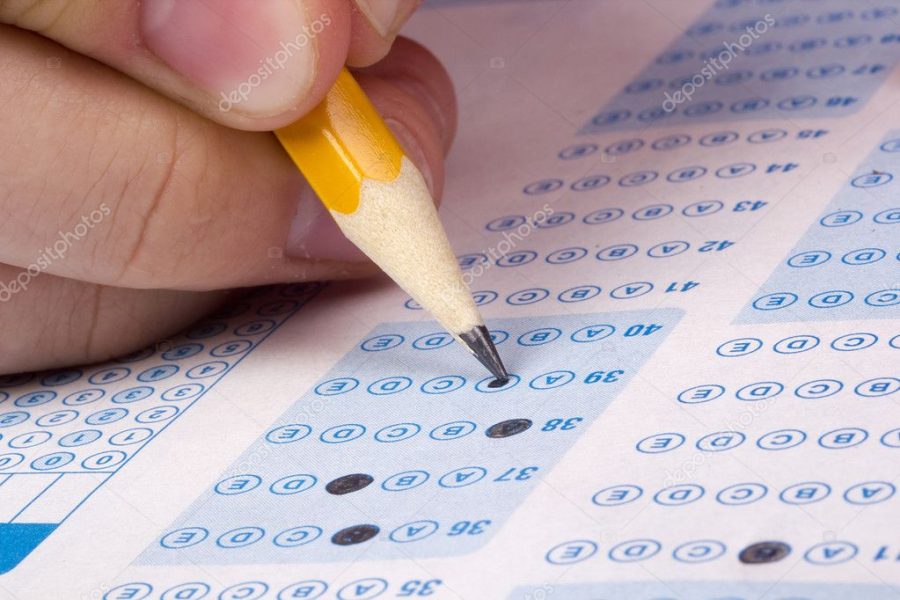Treacherous Testing
October 19, 2022
The projector flashes a digital clock on the board, keeping close watch on the time slowly but surely ticking away. The building, unforgivingly cold, is packed with students stressing over their progress thus far. Two teachers walk around the classroom, monitoring the activity of every student inside.
Last week, College Park hosted PSAT testing for sophomores, juniors and some freshman, and for the senior Cavaliers who signed up, SAT and TSI testing as well. But what exactly are these infamous exams, and what are they testing?
The College Board, formed in December of 1899 as the College Entrance Examination Board, was created to expand access to higher education. The SAT was created by Carl C. Brigham, and the test was first administered in 1926, and the PSAT was later created as a way to prepare students for the SAT. The TSI, specific to the state of Texas, was created in 2003 as a replacement for the TASP. All three tests test students’ writing, reading, and math skills.
Though traditionally these tests have been used as a form of college entrance exams for high school students across the country, more schools have gone test optional or have stopped requiring testing completely since 2020 and the COVID Pandemic. These recent changes are causing many students to wonder whether or not to take these kinds of tests at all.
If you are deliberating if you should take the SAT or TSI, you should note that all students are eligible for one free SAT given on a school day and that sending your test scores to colleges- while free if you send them on test day- are completely optional. No harm is done by taking the test. But if you are going on to pursue higher education, you should consider your major; if you’re going into a liberal arts major, your math score may not matter as much as your reading and writing scores. Similarly, if you’re going into a fine arts major, these tests may not apply to your admissions process at all. The majority of STEM-specializing institutions will continue to require test scores, but unless you are going to pursue a path in a STEM-related field, students should consider what their future plans are when making a decision on testing.
Here at College Park, it is also important to recognize that there are resources available to students who would like to get advice or assistance on making decisions on their testing: Dr. Creel and her secretary, Mrs. Jones, are just a short walk away in the College Career Center, and the counselors are happy to have a meeting with students.

